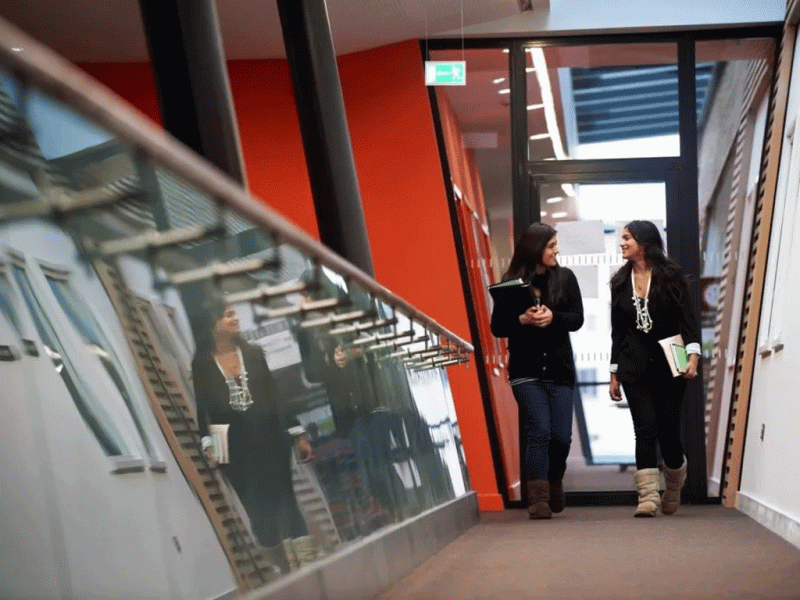The University of the West of England (UWE Bristol) has set up a team of academic experts whose job is to provide a pathway between its Bristol Business School and SMEs.
The success and growth of SMEs is crucial to an economic recovery in the UK and one way to achieve this is with the help of academic institutions like the University of the West of England (UWE Bristol).
To help achieve this and provide SMEs with a pathway to academics, alumni and students, the university’s Bristol Business School has set up a team of Subject Business Associates (SBAs), from disciplines covering accounting and finance, economics, human resource management, law, marketing, leadership, and strategy and management.
These academics devote up to two days a week to engage with the business community and help SMEs deal with business challenges. New knowledge gained is then filtered back into Bristol Business School’s teaching and curriculum.
Through the SBAs, businesses can call upon academics for collaborative research, consultancy, and executive education. They are also able to tap into UWE Bristol’s extensive contact list of alumni and business networks for collaboration opportunities. SMEs can also benefit from the university’s student body by taking on placement candidates, interns, and hiring undergraduates to work on live projects or undertake Pro Bono work (in the case of the Bristol Business School, this includes law and marketing services provided for free in exchange for work experience).
A typical area where an SME could benefit from the knowledge and experience held within Bristol Business School might be when it plans to expand. “When SMEs go from being a small business to a medium-sized company, they often encounter challenges relating to people, marketing or finance,” says Lucy Wicksteed, who is Senior Research Business Development Manager at UWE Bristol. “We want to ensure SMEs are equipped in those areas to enable them to grow.”
Dr Harriet Shortt is Senior Lecturer in Bristol Business School’s Leadership and Change Centre and is one of eight SBAs. “The role of SBA is an important way of joining up the dots between teaching, research and business engagement,” she says.
Shortt, who is liaison officer between UWE Bristol and the Small Business Charter, specialises in workspace research and how space influences staff wellbeing and everyday working practices. She is currently working with Work Wise UK, a not-for-profit development organisation that explores how the country’s workforce can work smarter and more productively.
The organisation also produces standards of excellence regarding the adoption of smarter working practices. Dr Shortt is helping refresh these standards, taking into account the current labour force landscape, which increasingly combines both ageing staff and millennials. As working-from-home or flexi-time become common practice, part of Shortt’s role is to think about how Work Wise’s standards can apply to SMEs. “In an SME of 20 people, if all staff members want to work flexibly you might have a more complicated way of working compared to a large corporation, where there are many more staff,” she explains.
Shortt says a big part of her role as an SBA is also to help students. “The better the connections we have with organisations, the more placements we can set up and in this way we can inspire students to enter specific industries,” says Shortt. “This is amplified when industry leaders come and speak at the university.”
Jeremy Allen is a Writer and Content Developer at Bristol Business School, University of West of England
